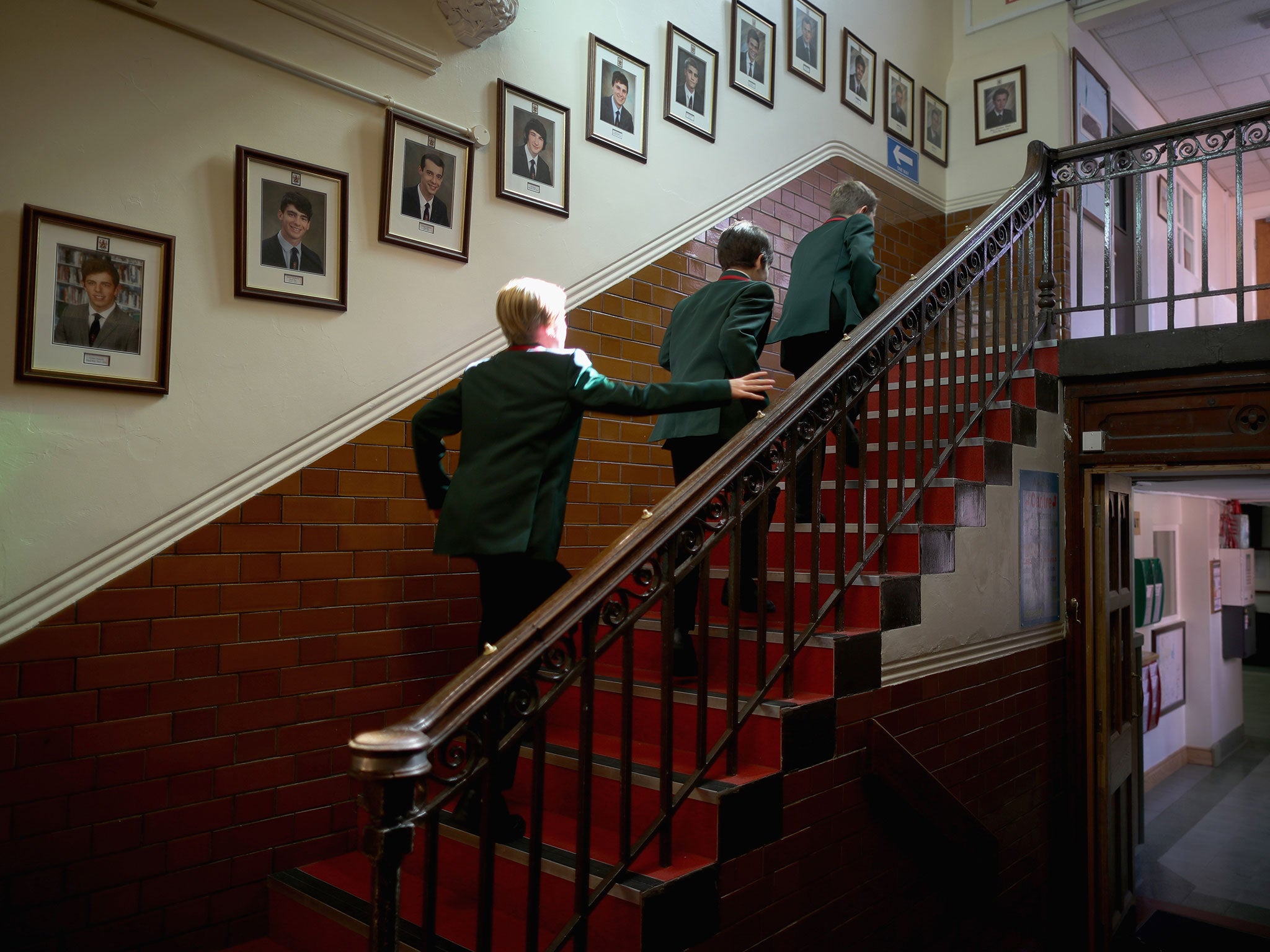Autumn Statement 2016: Chancellor earmarks £240m for grammar school expansion
'How can a Government seriously talk about supporting a 21st century economy when they are planning to pour tens of millions into the failed 20th century policy of grammar schools?'

Philip Hammond has earmarked £240m for the expansion of grammar schools in England over the next four years despite having “no mandate” to do so, it has been claimed.
Plans to allow grammar schools to expand were first announced in September by Theresa May, who said that selective schools can help the life chances of poor pupils, and argued that under the current system there is "selection by stealth" based on parents' wealth and ability to buy houses near the best schools.
"The Government's education reforms have raised standards and expanded opportunity with 1.4 million more children now in 'good' or 'outstanding' schools," Philip Hammond told MPs in the Commons on Wednesday as he laid out the Autumn Statement.
"And the new capital funding I have provided today for grammar schools will help to continue that trend."
According to the Treasury’s own forcecast, £60m has been set aside each year from 2017-18 to 2020-21 – totaling £240m.
However, the plans, which are still under consultation, were not included in the Conservative manifesto at the 2015 general election and has led Labour to claim the Treasury has no mandate for the policy.
Responding to Mr Hammond’s first budget statement in the Commons, John McDonnell, the shadow Chancellor, said: “How can a Government seriously talk about supporting a 21st century economy when they are planning to pour tens of millions into the failed 20th century policy of grammar schools?"
Angela Rayner, the shadow Education Secretary, said the Chancellor had no mandate for the funds they had set aside for grammar schools. In a statement, she added: “The education sector is reaching breaking point, and the Chancellor’s only announcement today was to give more money to a handful of schools.
“School budgets are being cut, school class sizes are soaring, teachers are leaving the profession in droves and hundreds of nurseries are facing closure. This budget demonstrated exactly what this Government is all about – a country for the few at the expense of many.”

Malcolm Trobe, interim general secretary of the Association of School and College Leaders, said: "It is disappointing that the Autumn Statement failed to address the severe funding pressures in schools and colleges.
He added: "The situation is so serious that some are struggling to deliver a full curriculum, courses are having to be cut and some sixth forms are closing. Education is arguably the single most important investment we can make.
"It provides the country's intellectual infrastructure; the knowledge and skills which will enable us to remain competitive in a global market."
Russell Hobby, general secretary of the National Association of Head Teachers (NAHT) said: "It is disappointing that the Government has not used the Autumn Statement to invest in education.
"We know that school budgets are being pushed beyond breaking point. Almost nine out of 10 school leaders are telling us that a rise in national insurance employer contributions and pension contributions are the key reasons behind financial pressures in their school.
"Freezing budgets at a time of rising costs is no protection at all. The Government has the levers to address rising costs, but has again failed to pull them. In fact, with the new apprenticeship levy it is taking yet more money out of schools.
"Social mobility has rightly become a focus for the Government. And yet, without investment in what works - quality early years education, high quality teachers and the right funding delivered directly to schools - it is hard to see how the rhetoric can match the reality. Capital investment in grammar schools is the wrong priority, and a distraction from the most important issues in education."
Join our commenting forum
Join thought-provoking conversations, follow other Independent readers and see their replies
Comments
Bookmark popover
Removed from bookmarks